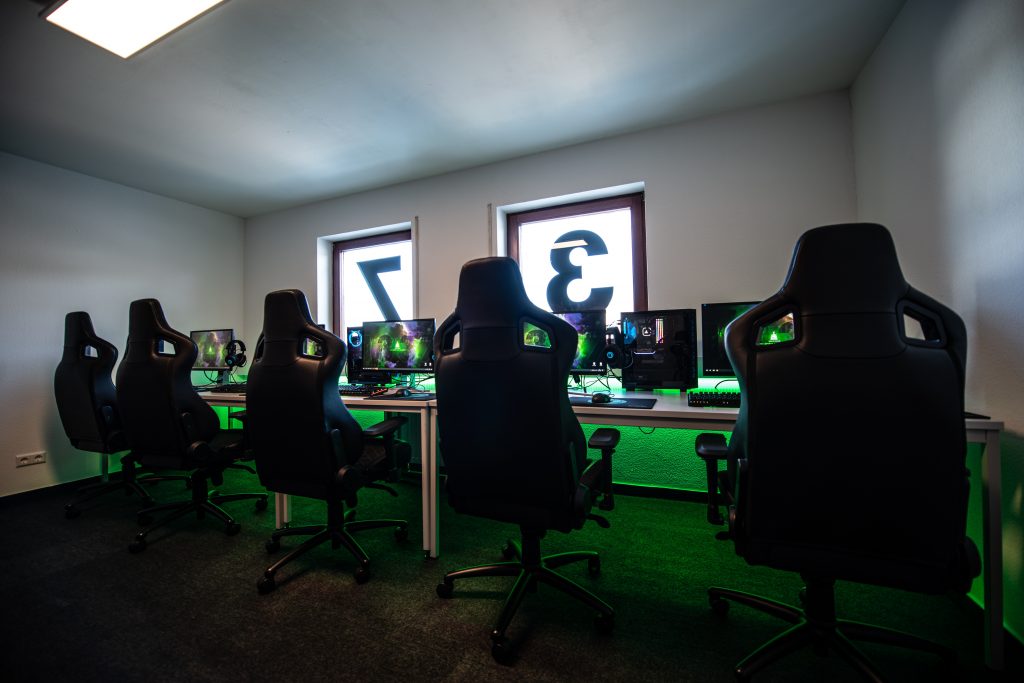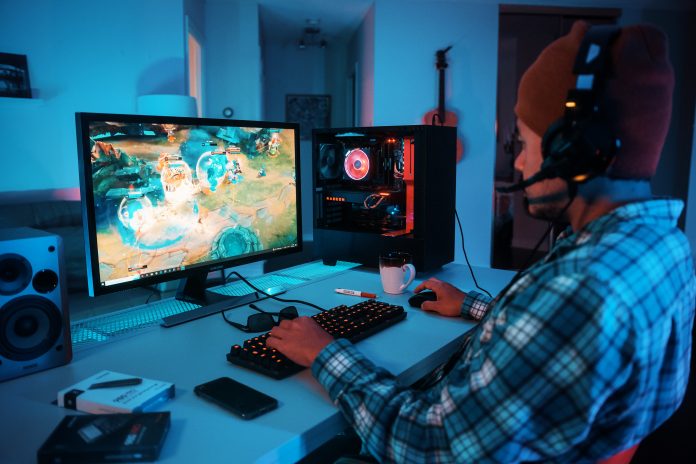Playing video games is fun. But playing video games with your pals is even more fun, especially if you get to beat your buddies. While there’s no way to guarantee victory in your chosen battlefield, everyone wins when you get the right technology to create a trouble-free and smooth playing experience.
But what do you need to do that? Let’s take a look.
Choose Whether You’re Playing Remotely or Locally
In years on by, playing games with your mates required you to be in the same room together. Today, that’s no longer the case, and if the internet connection is fast and stable enough, you can compete from practically anywhere.
The tech you need and the games you’ll have to choose from will depend on whether your game night will be a traditional face-to-face affair or if it’ll be one conducted online.
Decide on the Games You Want to Play
While some factors remain important, regardless of the games you intend to play, many will be influenced by your chosen titles. For example, suppose you intend on enjoying some multiplayer modes of retro classics on an old console, such as Super Mario Kart for the SNES. In that case, you only need a console, a few gamepads, and a compatible TV.
However, if you want to enjoy card games with your buddies while you’re all in different locations, you will need to make a few additional considerations. Firstly, you need to find a platform that supports private multiplayer. A popular choice here is PokerStars, thanks to its home game functionality, which gives you the ability to create your own card room with the ability to set your own rules and control access. To play these home games, you (and each of your pals) will need a device to connect to the internet and some form of integrated or external webcam if you want to have video chat.
Internet Connection
Next, you’ll most likely need to get online, and you’ll need an internet connection. Here in the UK, most ISPs (except Virgin and specialist fibre companies) offer a similar service in terms of speed and reliability as they use the same basic infrastructure. However, cost and a few other minor differences set them apart. A popular option is Vodafone broadband, but be sure to shop around.
If you have an internet connection, you’ll need to get that beamed into your games room or area and the device(s) you intend to play with. You’ll need a router and, potentially, some additional kit.
Your ISP usually supplies you with a router, but it may not be up to bouncing wireless internet signals around your home. Instead, you may need to invest in a mesh WiFi system. You strategically place these devices around your home to create better coverage.
Alternatively, a wired connection run directly from your router or through a powerline adapter may be a better choice for desktop computers and consoles.

Gaming Devices
Now that we’ve laid the foundations, it’s time to choose the device(s) you will play on. As we’ve discussed, the games you intend to enjoy will heavily influence your choice here.
Playing games like first-person shooters might require a more traditional ‘LAN party’ setup if you want you and your pals to compete simultaneously from the same room. This involves multiple desktop computers connected in a network, which may be beyond anyone who isn’t a power user.
That doesn’t mean you can’t enjoy Call of Duty if you’re not a tech wiz; you can just plug an Xbox or PlayStation into a TV and use split-screen with your friends. Alternatively, if you’re playing remotely, you’d only need one device.
For many modern AAA titles, you’ll need a current-generation console like the PS5 or Xbox Series S/X, or a powerful gaming PC. But practically any reasonably recent internet-enabled device will work for poker home games or other similar titles.







